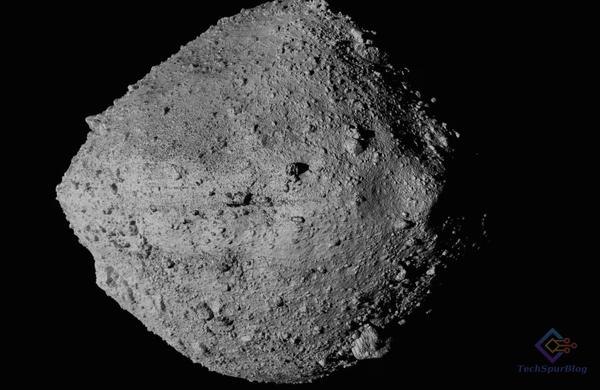
NASA’s much-anticipated analysis of samples collected from the asteroid Bennu was revealed today, unveiling not only insights into the ancient rock’s potential collision with Earth in 150 years but also shedding light on how this knowledge can help avert a hypothetical impact. This scientific breakthrough marks a significant step forward in understanding our cosmic environment and the very foundations of life itself.
Discovery of Life’s Origins by NASA
Continuing its unwavering commitment to unraveling the mysteries of life’s origins on Earth and beyond, NASA’s recent investigation of samples from the 4.5-billion-year-old Bennu asteroid has unlocked pivotal clues that may decipher the genesis of everything we recognize as oceans, lakes, and vegetation.
The team of researchers at NASA meticulously collected samples from the Bennu asteroid during the seven-year-long OSIRIS-Rex mission, which culminated in its return to Utah, United States, on September 24. The painstaking process of examination has proved to be immensely fruitful in unraveling the enigma of terrestrial life’s genesis.
Also Read: NASA Successfully Conducts First Simulation for Moon Mission Artemis II
NASA’s Perspective on the Findings
In a statement, NASA emphasized that these discoveries could potentially provide clues about how life was formed on Earth, serving as a time capsule from the early days of our solar system. Moreover, the collected samples might aid in determining the origins of elements that could have contributed to the emergence of life, such as amino acids and nucleotides.
Mitigating the Potential Threat
Beyond the crucial revelations about life’s beginnings, the collected samples also enhance our comprehension of how to shield Earth from potential threats like Bennu in the future. The mission allowed NASA to measure Bennu’s rotation and its Yarkovsky effect, a phenomenon that alters its orbit due to solar radiation.
Lori Glaze, director of NASA’s Planetary Science Division, highlighted the importance of this understanding, stating, “What we really want to know is whether an asteroid is going to cross Earth’s orbit at the same time we are at that point, and we don’t want to be at that point when an asteroid passes.”
Also Read: NASA’s Solar Storm Warning: Preparing for Hyperactive Sunspots
A Looming Threat and the Role of Water in Mitigation
Current estimations suggest that Bennu poses a 1-in-2,700 chance of colliding with our planet between 2175 and 2199. If such an event were to occur, it would release an energy equivalent to 1,200 megatons of TNT, potentially causing global devastation.
The recent discovery of water and carbon on the Bennu asteroid, according to NASA, could aid in averting the impact in two critical ways. First, understanding the asteroid’s chemical composition could facilitate the design of a more effective strategy to divert its trajectory or destroy it should it come too close to Earth.
Second, by studying how these elements formed and were distributed on the asteroid, a better understanding of how life originated on our planet could be achieved, potentially paving the way for preservation in the event of a catastrophe.
The implications of this groundbreaking research extend beyond the realms of space exploration, serving as a testament to humanity’s commitment to safeguarding our home planet and unlocking the mysteries of our cosmic origins.

Leave a Reply